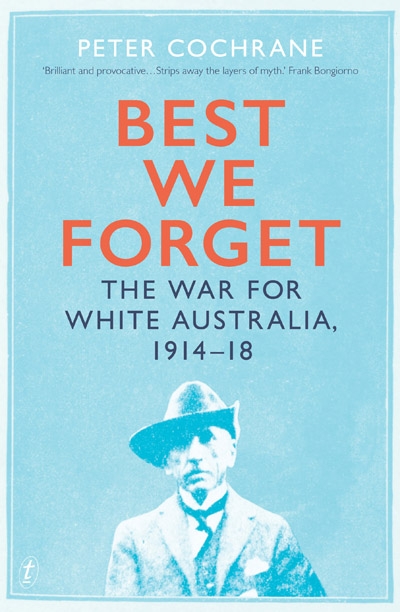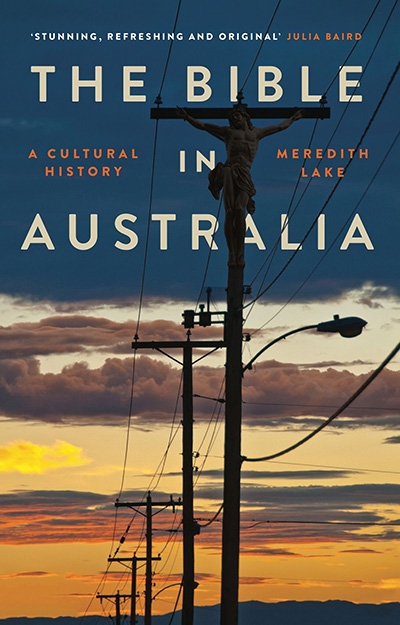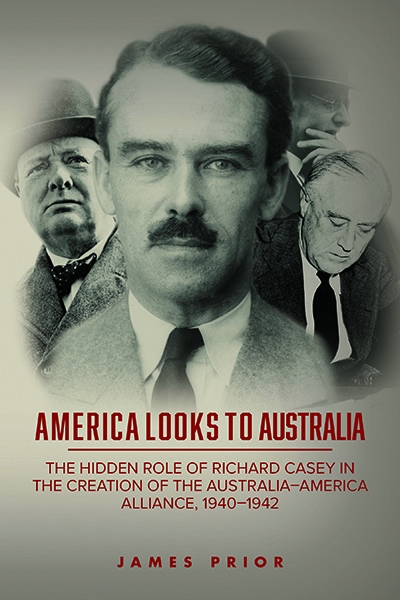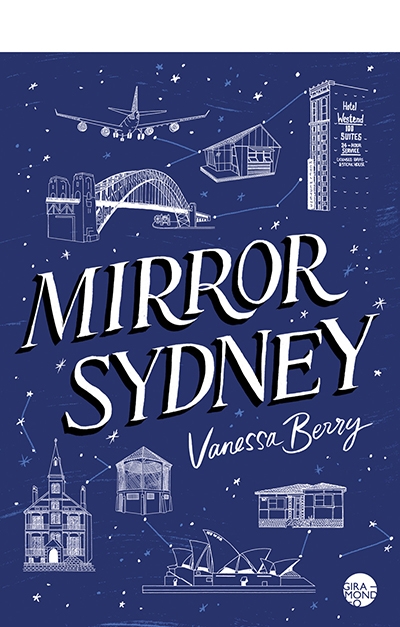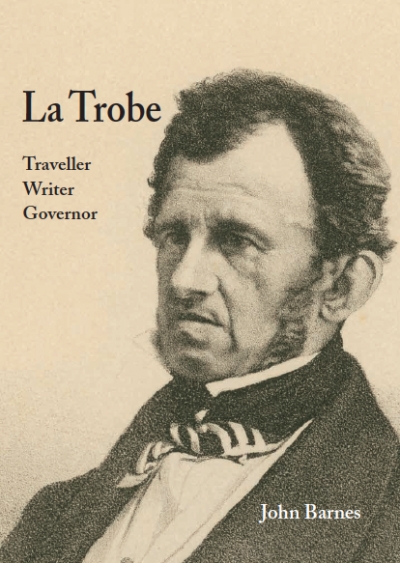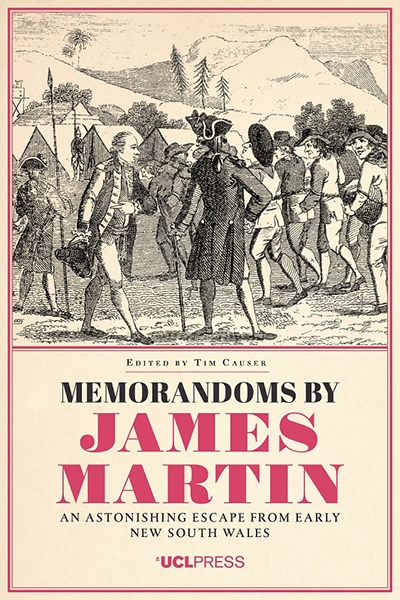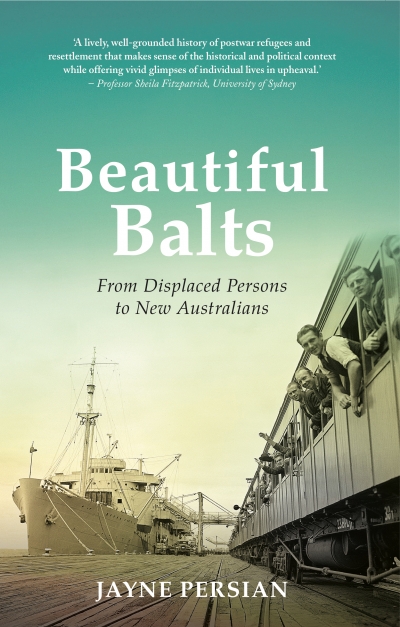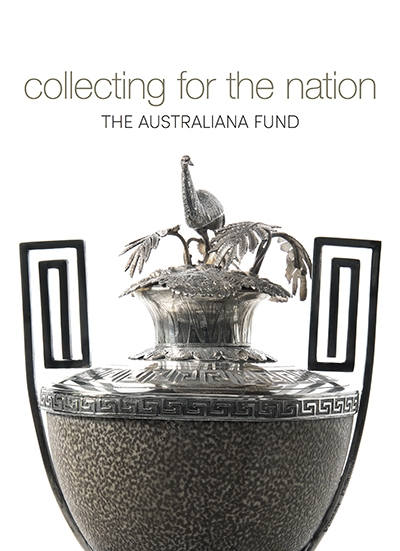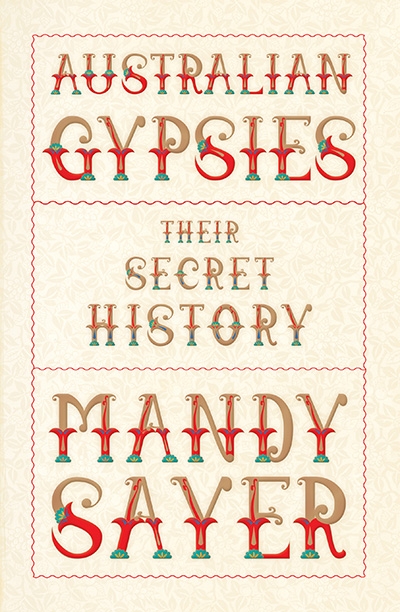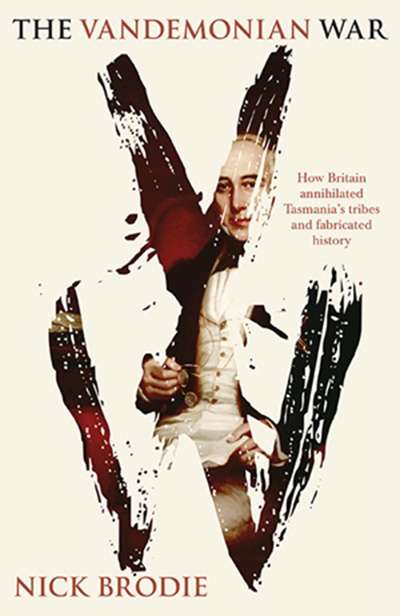Australian History
Best We Forget: The war for white Australia, 1914–18 by Peter Cochrane
In pondering the construction of public memory in Ireland, the eminent American historian Richard White insisted on the demythologising work of history as a discipline: ‘History is the enemy of memory. The two stalk each other across the fields of the past, claiming the same terrain. History forges weapons from what memory has forgotten or suppressed.’ In Best We Forget: The war for white Australia, 1914–18 ...
... (read more)The Bible in Australia is an unpretentious title for a remarkable book, and yet it is accurate enough. The Bible has been an ever-present aspect of life in Australia for 230 years, but no one has ever thought through its profound importance before. By starting her argument in a place both strange and obvious, Meredith ...
... (read more)America Looks to Australia: The hidden role of Richard Casey in the creation of the Australia–America alliance, 1940–1942 by James Prior
Duumvirates frequently dominate politics, irrespective of whether they are partners or rivals: Napoleon and Talleyrand; Nixon and Kissinger; Mao and Deng. But few second bananas survive history’s vicissitudes. A dwindling portion of the Australian public might still recognise the names of Robert Menzies and John Curtin ...
... (read more)Cities are essentially palimpsests, layered with overlapping lives, structures, and stories. Constantly in flux, each city is a sprawling and unwieldy text that is continually being rewritten. In Mirror Sydney, Vanessa Berry peels back many of the Harbour City’s layers, to reveal a tangle of hidden meanings and bygone ...
... (read more)La Trobe: Traveller, writer, governor by John Barnes
Victorians know the name La Trobe through the eponymous university, La Trobe Street in the city of Melbourne, and the Latrobe Valley in Gippsland. Tasmanians are familiar with the town of Latrobe in the north-west of their state. But how many are aware that all the above were named after Charles Joseph La Trobe, the first ...
... (read more)Memorandoms by James Martin: An astonishing escape from early New South Wales edited by Tim Causer
In 1784 William Bryant was sentenced, rather optimistically, to be transported to the American colonies. Britain had just lost the War of Independence; Bryant thus languished in a hulk in Portsmouth while Britain adjusted to the loss. This meant that when he finally arrived in New South Wales with the First Fleet, Bryant’s ...
... (read more)Beautiful Balts: From displaced persons to new Australians by Jayne Persian
I grew up in a New Australian household, and admit at the outset to a biased view. My Lithuanian-born parents were actual Baltic immigrants among the other nationalities referred to by the blanket designation ‘Balt’. Much of the anecdotal material of Jayne Persian’s Beautiful Balts was deeply familiar to me from childhood ...
... (read more)Collecting for the Nation: The Australiana Fund by Jennifer Sanders
In 1976, when Prime Minister Malcolm Fraser and his wife, Tamie, were on an official visit to the White House in Washington, she was shown the collection of Americana acquired through the White House Historical Association, an idea of Jacqueline Kennedy’s as First Lady. Her enthusiasm for a similar Australian fund ...
... (read more)In the Australia of my childhood, the Gypsy skirt was fashionable, ABC Radio played Django Reinhardt, ‘The Gypsy Rover’ was in school songbooks, peripatetic players were called ‘Gypsy footballers’, the Gypsy Jokers were a feared bikie gang, and nefarious Gypsies were stock villains in children’s books. Gypsies – or Roma – occupied cultural terrain, but ...
... (read more)The Vandemonian War: The secret history of Britain’s Tasmanian invasion by Nick Brodie
Nick Brodie, a medievalist and ‘professional history nerd’, enjoys writing in a revelatory tone. His latest book ...
... (read more)

